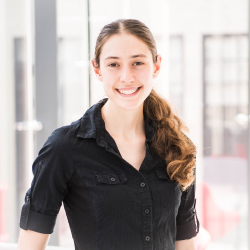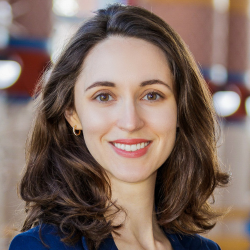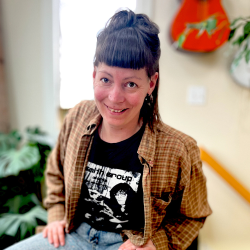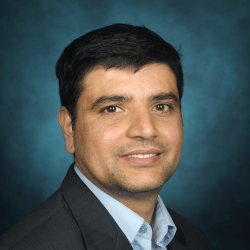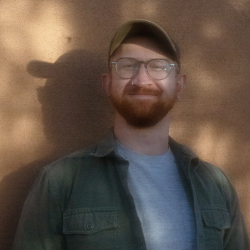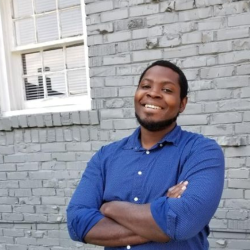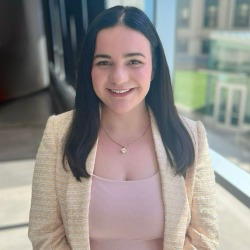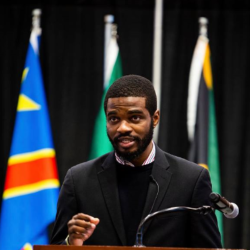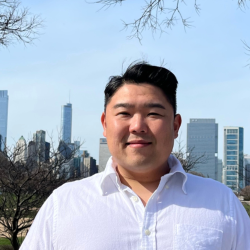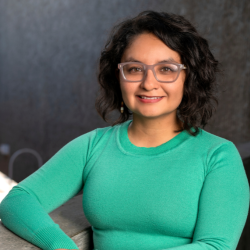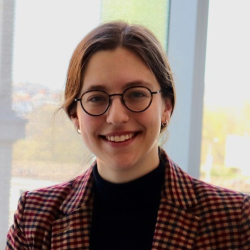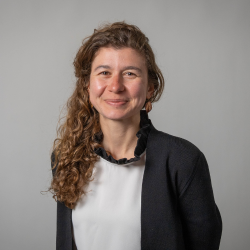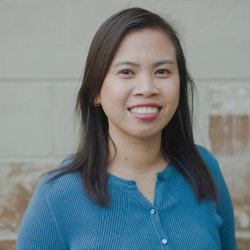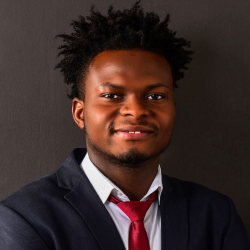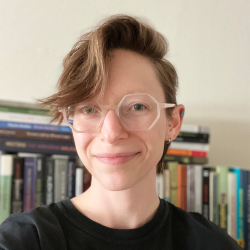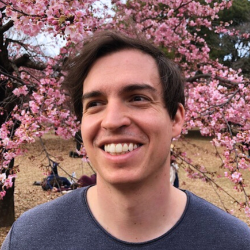Callie Berman, University of Wyoming
berman.png
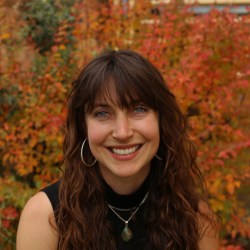
Callie Berman is a Postdoctoral Researcher with the University of Wyoming's Ruckelshaus Institute, where she is leading a number of studies across the United States, Canada and Mexico on social impacts from industry developments and demographic changes in the North American Grasslands. This work engages with overlapping and multidimensional human factors to inform more comprehensive assessment and planning methods for renewable energy project siting, wildlife habitat protection and agricultural sector development. Callie completed her PhD in Development Studies at the University of Cambridge where she researched the role of culture and historical land use relationships in management practices of sturgeon fisheries in the Caspian Sea. She has worked extensively across the Central Asian region developing the first university Sustainability program in Uzbekistan, conducting research on regional food security strategies, and facilitating diverse exchange opportunities to Central Asia for both young and senior professionals.

